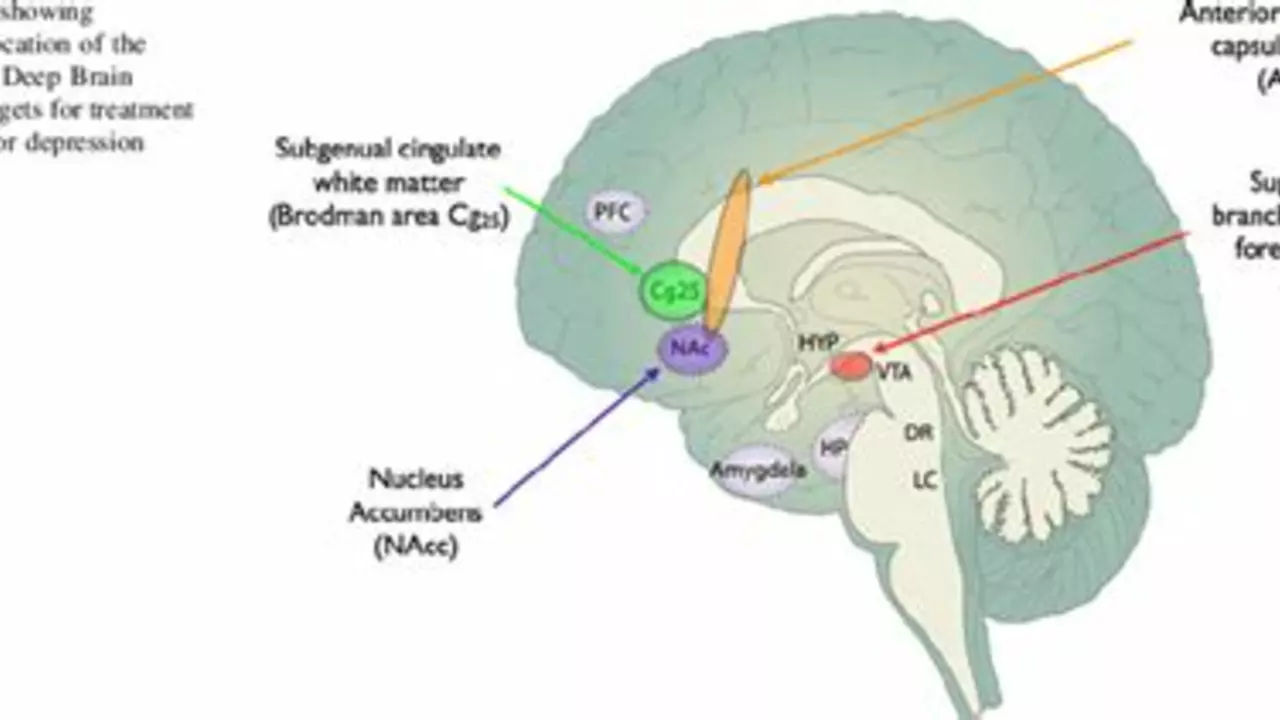If you've heard about cognitive stimulation therapy (CST), you might be wondering what exactly it is and why it's getting attention. Simply put, CST is a program designed to help keep your brain sharp, especially for people experiencing memory issues or early dementia. It's not about fancy gadgets or pills but about practical, enjoyable activities that challenge your thinking and encourage social connection.
This kind of therapy focuses on gentle mental exercises that improve your attention, memory, language skills, and problem-solving abilities. Unlike some treatments that rely solely on medication, CST offers a hands-on approach that feels more like having a brain workout with friends than a clinical session. It’s proven to help slow cognitive decline and improve quality of life, which is pretty encouraging news.
CST usually involves group sessions led by a trained therapist or caregiver. These sessions follow a set of themed activities such as discussing current events, word games, or remembering past experiences. The idea is to stimulate different parts of your brain through conversation and mental challenges. Think of it like a fun class that keeps your mind active and engaged.
Research has shown that people who participate in CST often experience better communication skills and a brighter mood. Plus, it helps create a supportive community feeling, which is important since social isolation can worsen cognitive problems. What’s great is that you don’t need to be a brain expert to take part; the activities are designed to be easy and enjoyable for everyone.
You might be wondering how to bring these benefits home. You don’t need a formal program to start. Simple things like playing word puzzles, discussing favorite memories with a friend, or trying new hobbies can give your brain a useful workout. Even chatting over coffee with others on meaningful topics counts as a form of CST.
Whether you’re caring for someone with dementia or just want to keep your own mind sharp, incorporating cognitive stimulation doesn’t have to be complicated. It’s about staying curious and socially active. And because it’s backed by research, you can feel confident that these small efforts truly make a difference.
If you want to explore more, sites like Zavamed.com provide detailed articles on mental health therapies, including CST, so you can stay informed and find ideas that fit your lifestyle.
Posted by
Paul Fletcher
7 Comments

In my latest research, I discovered that Donepezil and Cognitive Stimulation Therapy (CST) make a powerful duo when it comes to improving cognitive functioning. Donepezil, a medication often prescribed for Alzheimer's patients, works to enhance memory and cognitive abilities. On the other hand, CST is a non-pharmacological approach that involves engaging in various activities and exercises to stimulate the brain. Combining these two treatments has shown promising results in slowing down cognitive decline, particularly in those with mild to moderate Alzheimer's disease. It's truly fascinating to see how this potent combination can make a significant impact on the lives of those affected by cognitive impairment.
read more